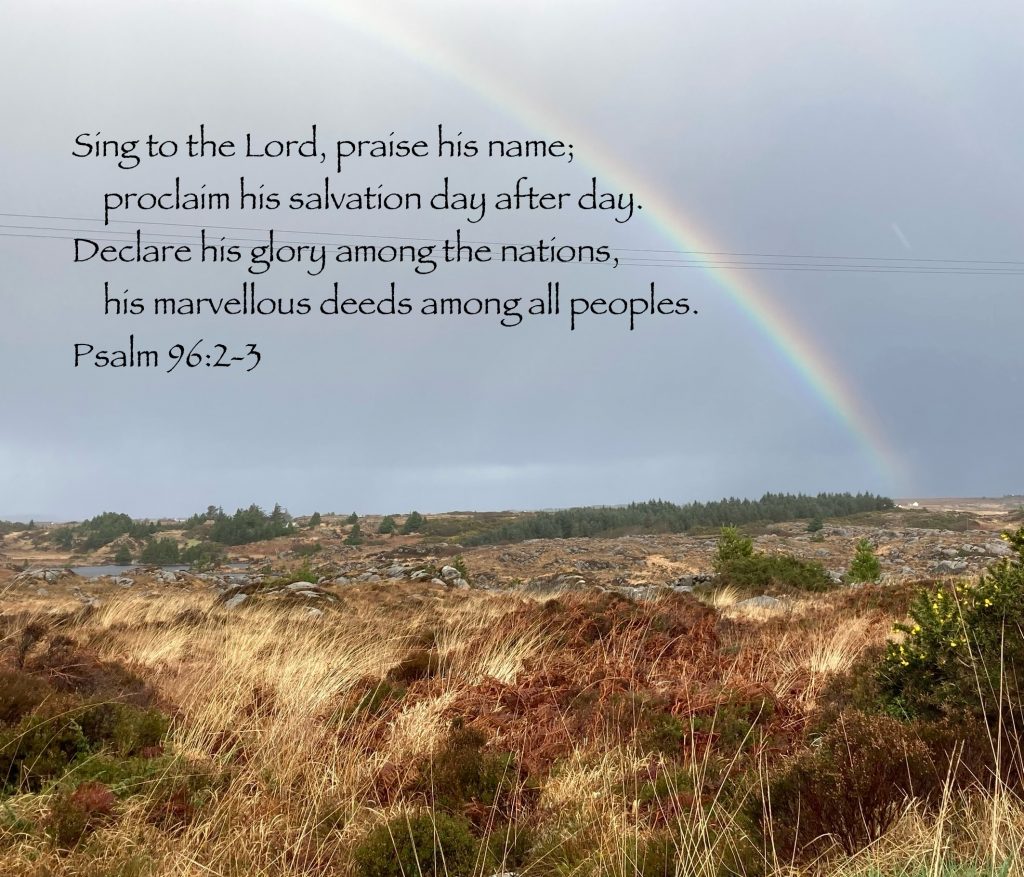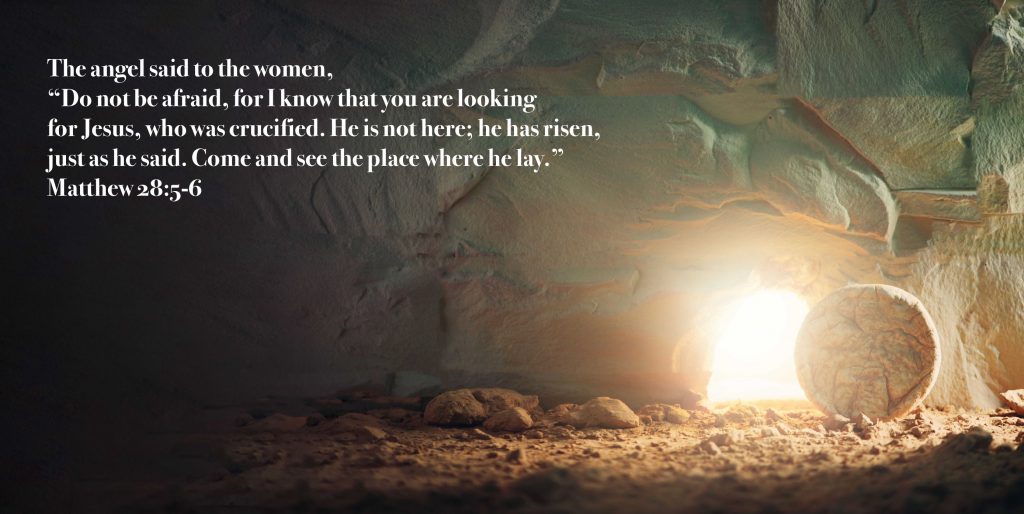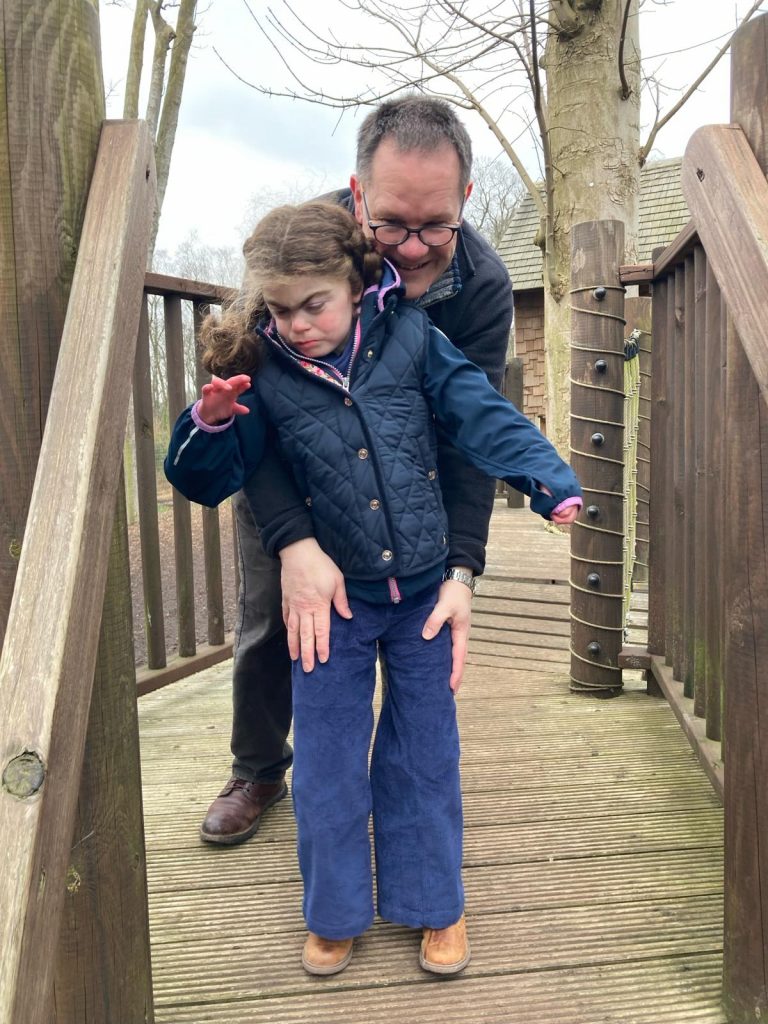Losing Your Voice
So, Easter Sunday came, the pinnacle of the preacher’s year. ‘Christ is Risen!’ declares the famous Easter greeting. ‘The Lord is risen, indeed! Alleluia!’ comes the congregational response and then those glorious Easter hymns ring out proclaiming hope, the new life that Christ brings, the transformation that is possible through his risen presence.
The church is usually full, people are home visiting family. Those who declare themselves Christmas and Easter people are there for the special occasion, and this particular preacher hadn’t much to say. He hadn’t much to proclaim or to encourage with. After the special services of Lent and Holy Week, the private home communions and all the toings and froings, the voice had declared it had said enough.
After croaking through two Bible readings and some prayers at an early service, I had to admit defeat and get my colleague to do it all in my place. The preaching, the celebrating of Holy Communion, and he did a magnificent job.

The services were joyful, the gospel was proclaimed and preached and people knelt to receive Holy Communion. That mysterious and wonderful connection was renewed and, at times, made in a new way and, while everyone around me raised the roof with the singing, I just sat there and drank in the words and the joy and absorbed the beauty of the church and the people. There were those who came with full and joyful hearts, those who came with heavy and broken hearts, and those who felt unable to come and those who went away a bit bemused by it all.

Maybe, although it didn’t go the way I had planned, it was a good thing to lose my voice. It made me realise a number of important things.

Our voice is among the most precious things we have. Sometimes, you have to lose it to appreciate it. I live with a daughter who is non verbal, but one of the most effective communicators I know. She has a way of getting her point across through noises and giggles and taking your hand. When my own voice was silenced, you realise how important it is to be able to communicate the things that are most important to you.
It’s an amazing gift to have someone who can support you and be your voice when you can’t say things for yourself. My colleague, noticing my struggles at the early service, immediately offered to celebrate Communion at the next service and do the parts I had assigned to do. Not only did he do them well, he did them with graciousness and gentleness, very conscious that this might be a challenge to let go of the reins and hand over the responsibilities.
How do we treat those who are no longer as able as they once were? Do we see the frustrations and challenges they might be feeling to hand over the controls and responsibilities they once handled for themselves? Do we do things with people or for them?
One other important insight from a challenging time is a realisation that you are far from indispensable. Very often the best services are the ones you don’t lead or preach at, but you receive from others.
It makes you think, too, of those whose voices have been silenced through persecution or torture. I was in the very privileged position of having people to look after me and support me in every way they could. Very often those who live in places where it is very dangerous to be a Christian have no such network. They must meet in secret, hide their Bibles and resources and evade the surveillance of the authorities. We don’t always appreciate the freedom we enjoy to practice and, indeed, share our faith with those around us.
I may not have been able to sing and say the words with the gusto I wanted, but they went deep in my heart and continue to do so.
Look forward to speaking again soon.
Much love to everyone,
Jono.
Listen to the latest episode of ‘Bitesize Chunks of Faith’


